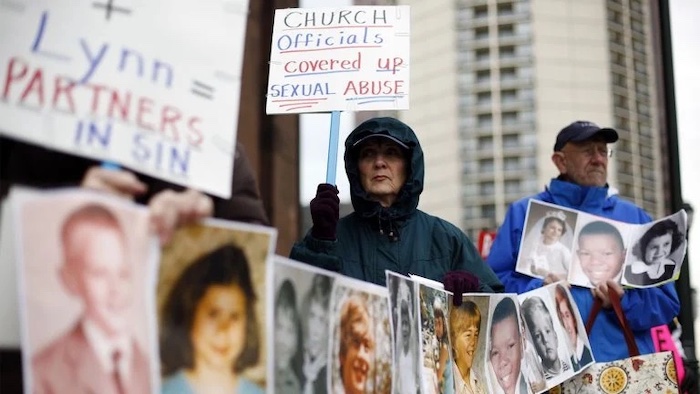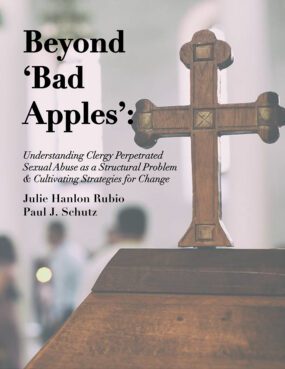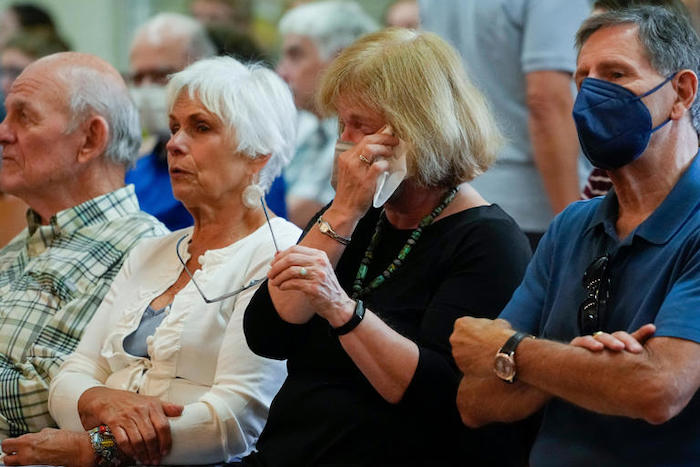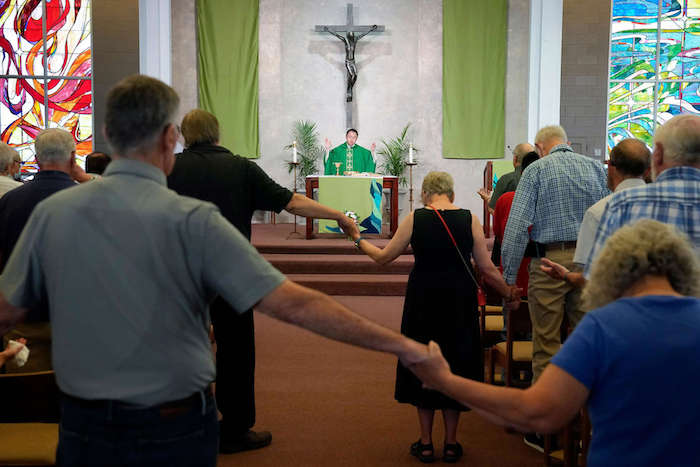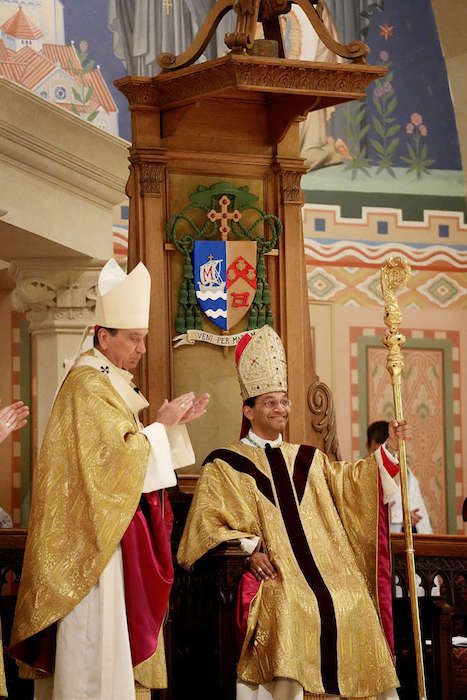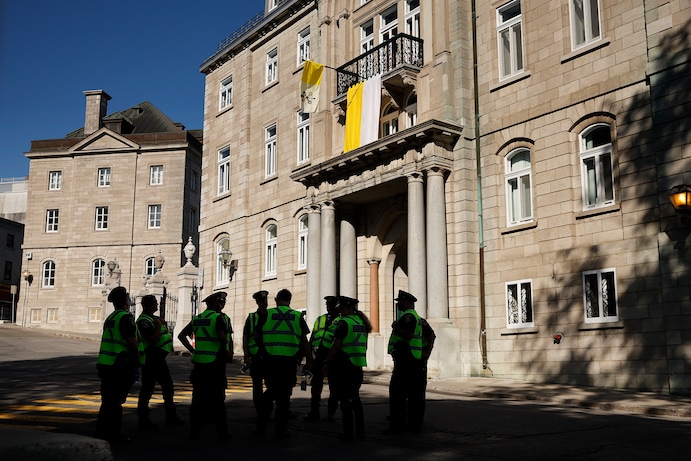
By Amanda Coletta and Chico Harlan
Cardinal Marc Ouellet, one of the most prominent Catholic leaders in Canada, was accused of sexual assault in legal documents filed Tuesday in a Quebec court.
Ouellet, considered a candidate for pope in recent conclaves, is one of scores of church clergy, employees and volunteers accused of sexual misconduct in a class-action lawsuit against the Archdiocese of Quebec.
In the lawsuit, a woman identified only as “F.” accuses Ouellet of inappropriate touching and comments when he was archbishop of Quebec and she was a pastoral intern. She said the alleged abuse left her feeling “troubled” and gave her a sense of “deep unease,” and eventually prompted her to complain to Pope Francis last year.
The Archdiocese of Quebec said Tuesday that it “took note” of the allegations and “will not have any comment.” A Vatican spokesman did not respond to a request for comment.
Ouellet, 78, is one of the most important figures inside the Vatican bureaucracy, leading the department that vets and manages bishops. He has a reputation in the ideologically divided Church as being middle-of-the-road.
He was named cardinal by Pope John Paul II in 2003, served as a lieutenant to Pope Benedict XVI and now holds near-weekly meetings with Pope Francis, who has allowed Ouellet to stay in his role far beyond the normal five-year term.
In the lead-up to the 2013 conclave in which Francis was named pope, Ouellet was mentioned often as a candidate for leader of the world’s 1.36 billion Catholics. His name still sometimes appears on lists of potential successors to Francis, though the 85-year-old pontiff has said he does not yet feel ready to retire.
During Francis’s pontificate, Ouellet has played a sometimes-public role. This year, he helped organize a symposium on the priesthood, during which he expressed regret for the “abusive and criminal behavior” that “destroyed” the lives of victims.< When the Church was shaken in 2018 by accusations that Francis knew and covered up the alleged sexual misconduct of Theodore McCarrick, an American cardinal, Ouellet wrote the Vatican’s first direct response, dismissing the claims as a “political plot that lacks any real basis.”
The allegations against Ouellet appear in a class-action lawsuit that was certified by a Quebec judge in May. The plaintiffs’ lawyers say more than 100 people allege misconduct against more than 85 members of the Catholic clergy, religious and lay pastoral staff, or volunteers.
According to the lawsuit, F. met Ouellet at a dinner of the Sisters of Charity of Quebec in 2008 when she was a 23-year-old intern with the Archdiocese of Quebec. After the dinner, it claims, Ouellet massaged her shoulders and caressed her back, leaving her “frozen” and unsure how to react.
At a celebration in 2010 for the ordination of a colleague, the lawsuit alleges, Ouellet told her that it was the second time that they were seeing each other that week and that he might as well kiss her again because “there is no harm in spoiling yourself a little” — a comment that she allegedly found “completely inappropriate.”
He then kissed her and slid his hand down her back to her buttocks, according to the lawsuit.
“That day, more than during previous meetings, F. understood that she must flee Cardinal Marc Ouellet as much as possible,” the lawsuit states. “The uneasiness she feels is more present than ever.”
The lawsuit alleges that the woman tried to avoid Ouellet as much as possible at events, sometimes citing university courses or professional obligations as a pretext to not attend them.
When she spoke of the “discomfort” she felt around him, the lawsuit alleges, she was told that Ouellet is “warm” and she was not the only woman to have this kind of “problem” with him. It does not say to whom she complained.
The lawsuit alleges she spoke about the assaults to her husband and several friends.
She followed a friend’s recommendation and reported the alleged assaults to an independent advisory committee that hears allegations of sexual abuse in 2020, the lawsuit says. In January 2021, at the suggestion of the committee’s chair, she wrote a letter to Francis about Ouellet
The next month, according to the filings, she was told that Francis had appointed the Rev. Jacques Servais to investigate Ouellet. The woman’s last communication with Servais was in March 2021; a conclusion about the complaint has not been communicated to her, the lawsuit alleges.
Ouellet traveled with Francis on a trip to Canada last month, when the pontiff apologized for Canada’s “catastrophic” residential school system, which separated Indigenous children from their families to assimilate them into Euro-Christian society. Most of the federally funded schools were run by Catholic entities
Complete Article ↪HERE↩!

